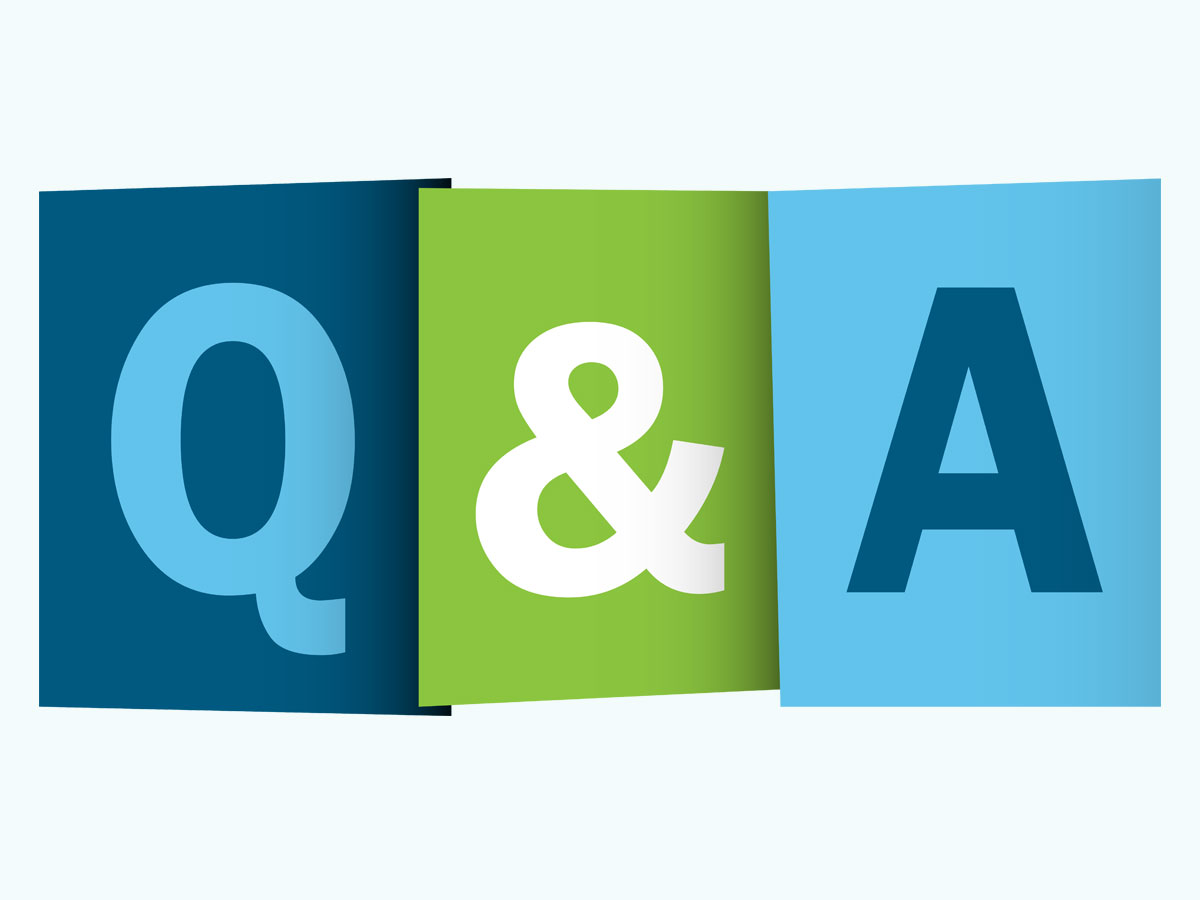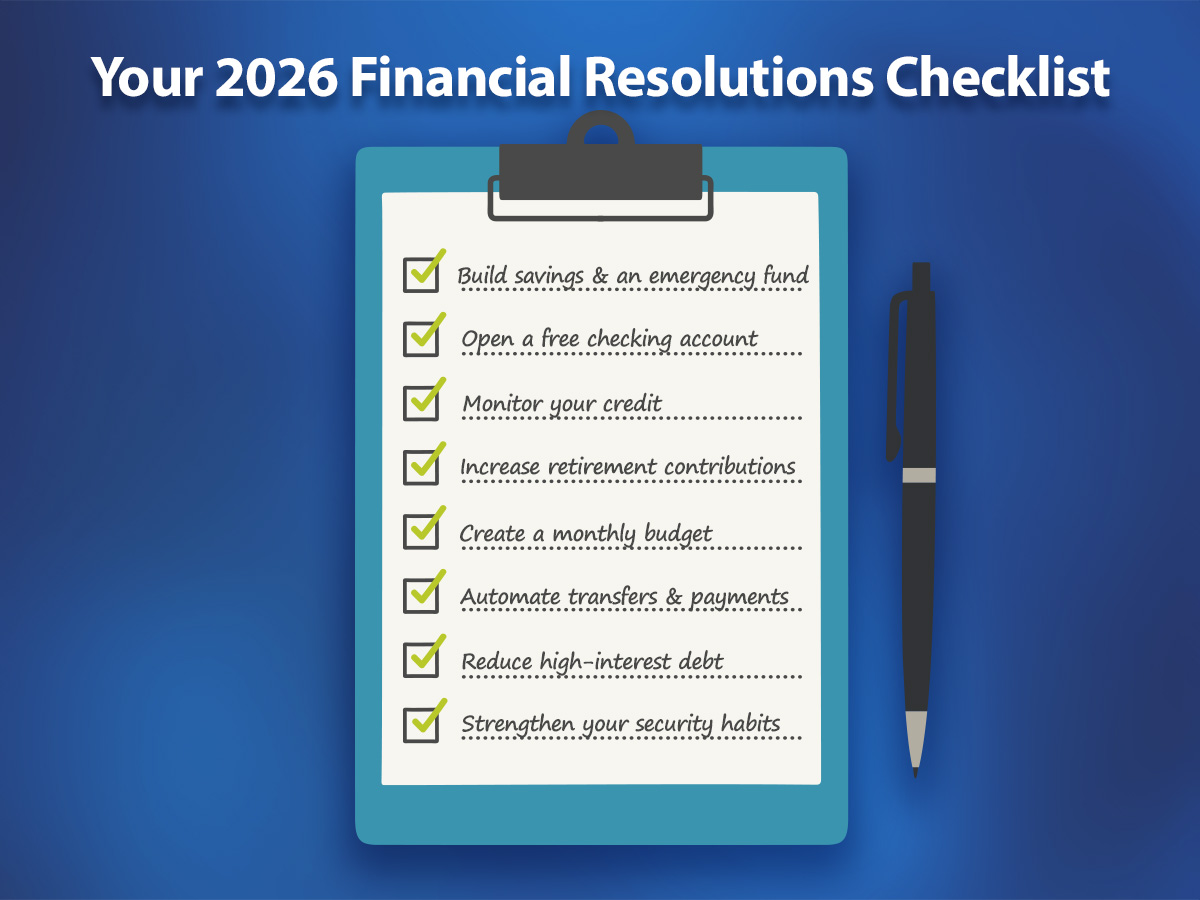 Mortgage
MortgageApril 1, 2022
The Ins and Outs of Home Mortgages
The Ins and Outs of Home Mortgages
You have questions? We have answers. We’ve gathered some of the most frequently asked questions the PFFCU Mortgage Experts field throughout the year to help guide you through the home-buying process.
Q: What is the difference between being pre-qualified and pre-approved?
A: A pre-qualification comes before a pre-approval. To be pre-qualified, the lender will gather information and review it with a loan officer. A pre-approval is a more extensive, formal review of that information, including a review of your credit history, to determine the amount you are approved to borrow.
Q: What is Private Mortgage Insurance (PMI)
A: Private Mortgage Insurance (PMI) protects lenders from borrowers who default on their mortgage. It may be required if your down payment is below 20% of the purchase price. PMI payments can be included with your mortgage payment each month, and you can stop paying them when you have more than 20% equity in your home.
Q: What is the difference between a fixed-rate and an adjustable-rate mortgage?
A: A fixed-rate mortgage locks your rate for the term of the loan, and payments will remain the same if interest rates increase. Conversely, if interest rates fall, you will not pay less. With an adjustable-rate mortgage (ARM), your rate will change (adjust) after a set term of your loan. If you seek your “forever home,” a fixed-rate mortgage assumes less risk over the long term. If rates are low and you think you may move in the near future, an ARM produces smaller payments over the short term.
Q: What are mortgage points?
A: As a borrower, you can “buy” a mortgage point to reduce your interest rate (one point is worth one percent of your mortgage). This is also known as “buying down” the rate. Purchasing points can have a long-term benefit if you plan to be in your home for an extended time. If you plan to sell your home after a few years, buying points may cost you money.
Q: How much should I expect to spend on closing costs?
A: Closing costs are made up of fees, taxes, insurance and other arrangements made between the buyer and the seller that are over and above the agreed-upon price of the home. Lenders can provide an estimate of closing costs in advance, but not an exact number because they vary greatly depending on many factors (location, tax structures, home price, down payment, etc.).
Q: Describe some of the programs designed specifically to help first-time homebuyers.
A: We offer qualified first-time homebuyers the ability to purchase with only a 3% down payment. Borrowers eligible for the First Front Door program can receive $3 in grant assistance (maximum of $5,000) for every $1 they contribute to the home’s purchase price.
Q: When is the right time to consider refinancing?
A: Generally, if you are approved for a rate that is lower than your current mortgage, consider an EXPRESS Refi Mortgage. Typically, the goals of refinancing are to save money by reducing your monthly payment, provide cash from your home’s equity or help you pay off your mortgage sooner.
Q: What other resources are available to help navigate the home-buying process?
A: In addition to low rates, no application fee and opportunities to receive cash rewards with HomeAdvantage®, PFFCU has mortgage options that fit many borrowing needs. Visit our real estate loan calculators to help you estimate payments for fixed-rate mortgages and ARMs and refinance savings calculators and tools to help determine the best loan for you.
Still have questions about the ins and outs of home mortgages? Speak to one of our experienced and knowledgeable Mortgage Advisors today, call us at 267-332-3400.
Stay in the Know.
Visit our blog for financial tips, fraud information, plus the latest news from Police and Fire Federal Credit Union.

